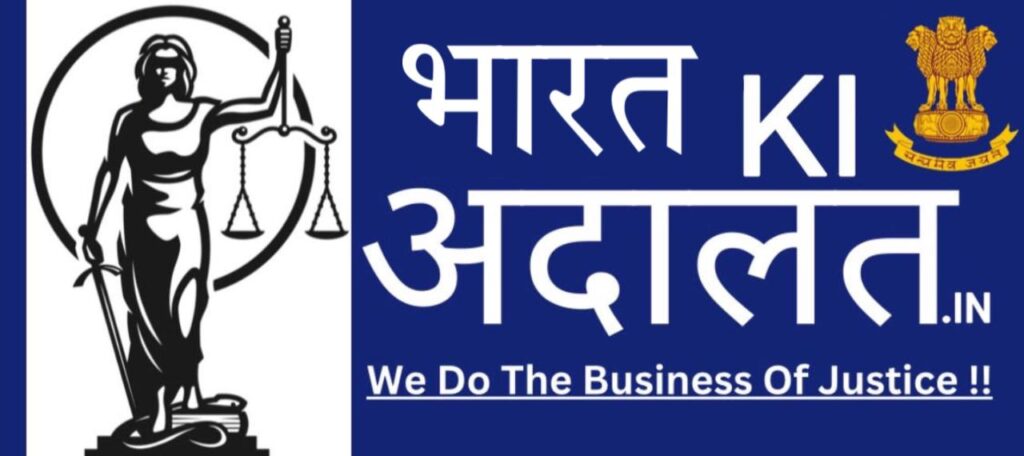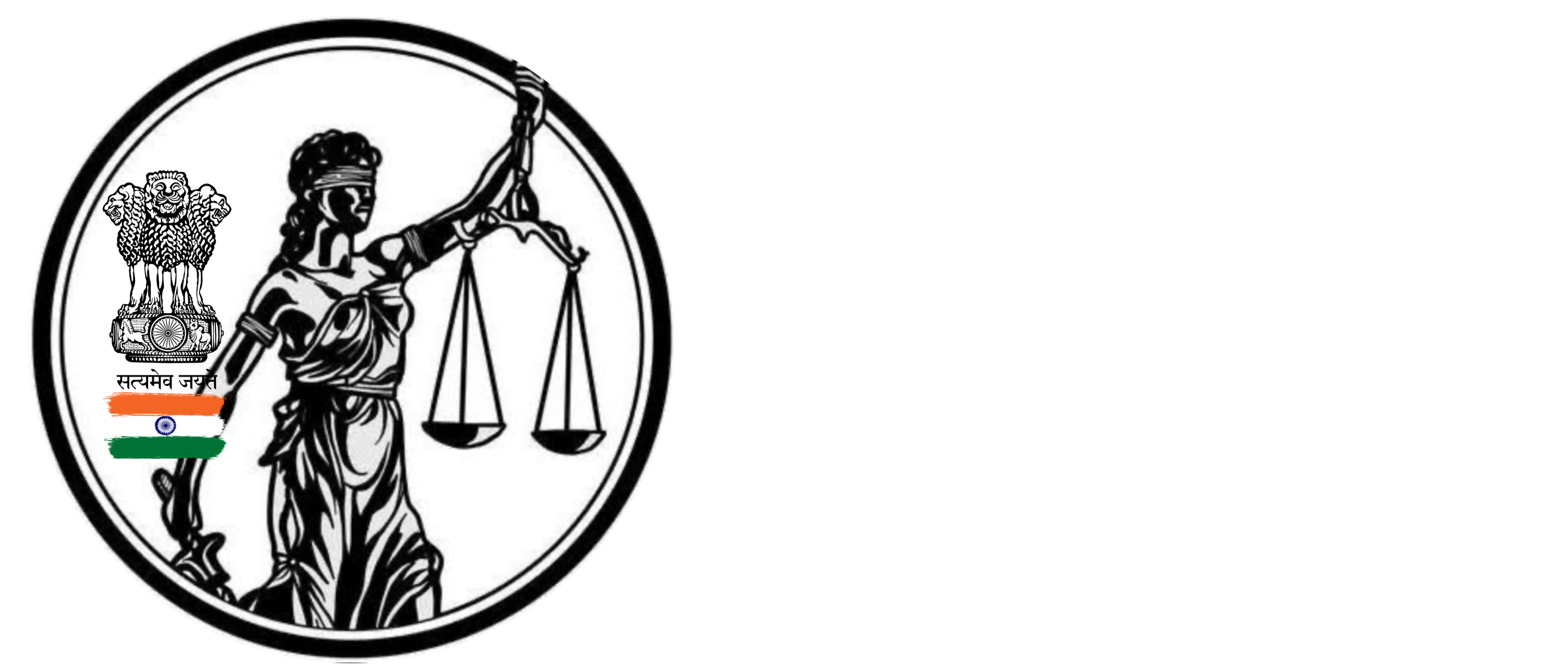Missed a loan payment? Here’s what the law says.
Introduction
Loans are common in today’s world. They help people and businesses reach their goals. But, sometimes life gets in the way, and payments are missed. It’s important to know what happens if you default on a loan.
Defaulting on a loan can hurt your finances and lead to legal Problems . If you’re facing this situation or want to know what to expect, it’s key to understand your rights. In This blog will i will explain the legal effects of defaulting on a loan, using real data and laws.
Problem: According To Me The Consequences of Loan Default
When you can’t pay back a loan, lenders have several actions they can take. This can cause financial and legal problems.
Real-Life Impact: Case Study of Default
Take Abhishek, a small business owner in Delhi. He borrowed money to grow his restaurant but missed payments due to a drop in customers. The lender started the default process, causing stress for Abhishek and his family.
Abhishek faced many phone calls from collectors, his credit score fell, and he risked losing his business. His story shows how quickly default can become a big problem.
Agitation: Emotional and Financial Fallout
Emotional Stress
Defaulting on a loan can be very stressful. Borrowers feel by debt and lender pressure. For Abhishek , the constant calls and threats hurt his business and personal life.
Financial Consequences
The financial effects of defaulting on a loan are serious:
- **Get impacted on Credit Score **: Defaulting lowers your credit score. A lower score makes it hard to get future loans or credit.
- Increased Debt: Missing payments adds late fees, penalties, and higher interest. This makes it harder to pay back what you owe.
- Legal Action: In some cases, lenders may take you to court to get their money back. This can cost you more in legal fees.
Solution: Understanding the Default Process and Your Rights
Knowing what happens when you default a loan can help you act before things get More Bad . Here’s what you can expect and what steps to take.
- Understanding Default
A loan is in default when the borrower can’t meet the loan agreement terms. This includes:
- Missed Payments: Missing one or two payments might get a warning. But, missing several payments (often 90 days or more) means default.
- Loan Type: Default rules vary by loan type. For example, mortgage loans have stricter rules than unsecured loans.
Types of Default
- Technical Default: This happens when you fail to meet a loan term not related to payment, like not having insurance on a property.
- Monetary Default: This is when you can’t make scheduled payments as agreed.
2. Immediate Consequences of Default
When a loan defaults, several things happen:
a. Communication from the Lender
Lenders usually try to contact you after missed payments. This might include:
- Phone Calls: Lenders often call to talk about missed payments and possible solutions.
- Letters: You may receive formal letters indicating your missed payments and the consequences of continued non-payment. b. Late Fees and Penalties
Lenders impose late fees and penalties for missed payments. These fees can add up quickly, increasing your debt.
c. Negative Impact on Credit Score
The lender will report the default to credit bureaus, causing a big drop in your credit score. This makes it harder to get credit later because lenders see a lower score as riskier.
- Legal Consequences
If a loan remains in default, lenders have several legal ways to get their money back:
a. Debt Collection Agencies
Many lenders hire third-party debt collection agencies. These agencies can be very aggressive, adding more stress to the borrower.
b. Legal Action
If collections don’t work, lenders might sue the borrower. This can lead to:
- Judgment: If the lender wins, a judgment can be placed against you. This lets the lender take money from your wages or put liens on your property.
- Court Fees: You might also have to pay legal fees the lender incurs in collecting the debt.
- Your Rights During Loan Default
Borrowers have rights that can help lessen the stress and consequences of defaulting on a loan. Knowing these rights is key.
a. Right to Be Informed
You have the right to clear communication about your loan status and default implications. Lenders must give accurate info about your loan and the collection process.
b. Right to Fair Treatment
The Fair Debt Collection Practices Act (FDCPA) protects you from abusive or deceptive practices by debt collectors. For example, collectors can’t harass you, make false statements, or threaten violence.
c. Right to Negotiate
You have the right to negotiate with your lender. Many lenders are willing to work with borrowers facing financial troubles. Options might include:
- Payment Plans: Setting up a new payment plan to catch up on missed payments.
- Loan Modification: Asking for a loan modification to lower your interest rate or extend repayment.
- Mitigating Default: What You Can Do
If default seems likely, there are steps to take to lessen the impact:
a. Communication with Lenders
Keeping open communication with your lender is crucial. If you’re having trouble making payments, talk to your lender. Many have hardship programs for temporary relief.
b. Explore Debt Relief Options
Look into debt consolidation, where you take out a new loan to pay off existing debts. This can make payments easier and might lower interest rates.
c. Seek Professional Help
Talking to a financial advisor or credit counseling service can help. These professionals can offer advice tailored to your financial situation.
- Legal Protections and Recourse
In some cases, borrowers can take legal action against lenders. For example, if a lender acts unfairly, you might sue for damages. Also, if you feel treated unfairly by a debt collector, you can file a complaint with the Consumer Financial Protection Bureau (CFPB).
Conclusion: Take Control of Your Financial Future
Defaulting on a loan can be overwhelming, but knowing the process and your rights can help. Ravi’s case shows ignoring the issue can lead to severe emotional and financial stress. Instead, communicate with your lender, explore options, and seek professional advice when needed.
Remember, falling behind on loan payments is common, and there are resources to help. By taking proactive steps, you can protect your financial future and reduce the effects of default.
Suggested Searchable Subtopics:
- Understanding Loan Default: What You Need to Know
- How to Handle Debt Collection: Your Rights
- Implications of Defaulting on a Home Loan
- Steps to Take Before Defaulting on a Loan
- Legal Actions Lenders Can Take After Default
- Credit Score Impact of Loan Default
- Debt Relief Options: What to Consider


